Labor MPs admit Indigenous voice to parliament Yes vote on shaky ground
While Labor MPs publicly say they’re feeling positive, privately many warn a Yes vote on October 14 will be tough.
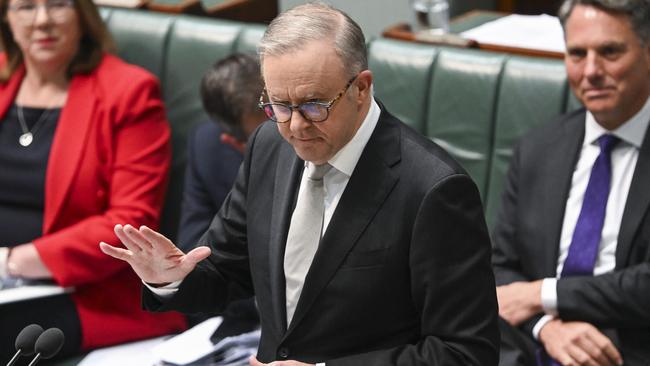
Labor MPs are privately conceding the Indigenous voice to parliament referendum is looking increasingly tough, would take almost a “miracle” to win and has been a hard sell, with fears in caucus ranks that the No vote could reach 60 per cent.
As the writ for the referendum was issued on Monday, opening postal vote applications and giving Australians one more week to register to vote, a Labor MP recalled a “bit of shellshock” from senior party figures in caucus after the Uluru Statement from the Heart was presented to the country for the first time in mid-2017.
“They knew what they’d been landed with by the Indigenous leadership was going to be hard. It’s a hard sell,” the MP said.
“I get it’s been the morally correct thing to do to put it to the people.”
Publicly, Labor MPs on Monday said they were feeling more positive than what the polls suggested and the feedback from their constituents had been “mixed” at worst.
While senior government members said a No vote would be damaging for Anthony Albanese, who was ultimately the face of the campaign and responsible for the result, they did not believe it would be a critical blow and Labor members on record declared it wouldn’t affect his leadership.
Two Labor MPs predicted the referendum would go down 60-40, with some expecting the best-case scenario would be it failing at the second hurdle: winning a national majority but not a majority of the states.
Others were concerned the referendum would fail due to the cost-of-living crisis and the sense of uncertainty being pushed by the No campaign and didn’t think even gaining a national majority was possible.
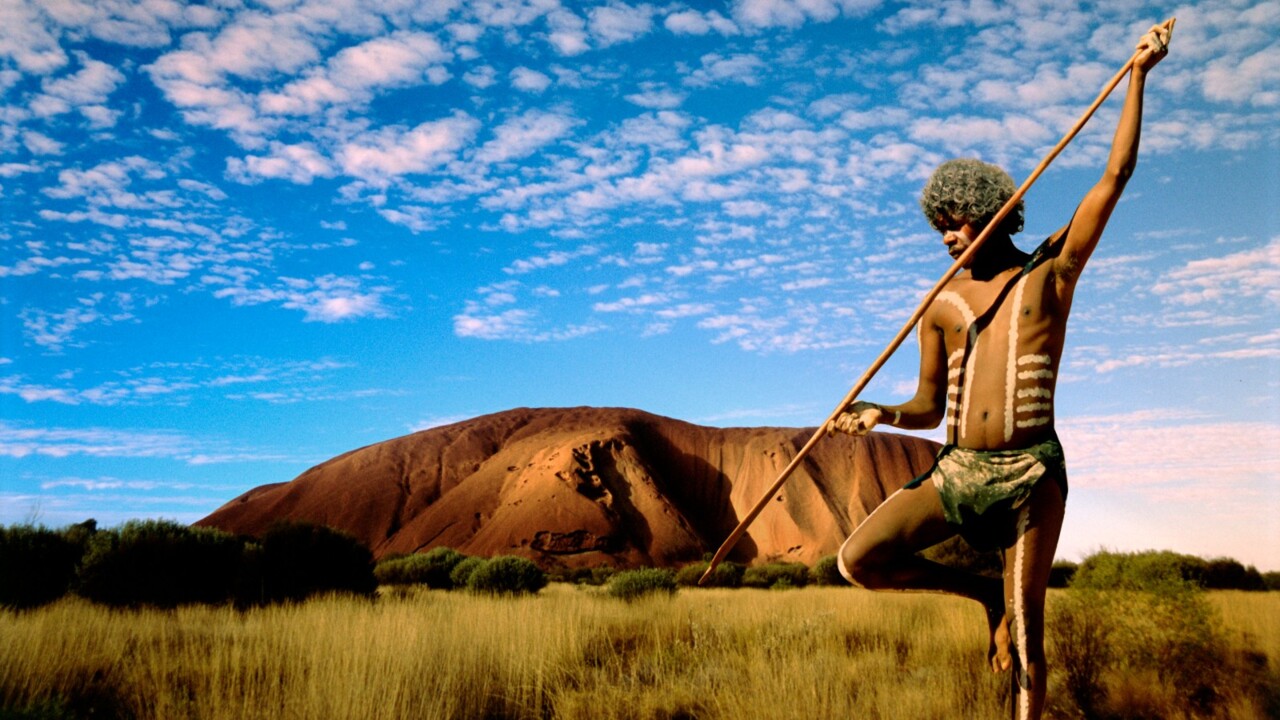
“It’s hard not to be pretty pessimistic about the outcome,” a Labor MP said.
“It would take something pretty close to a miracle to save it. I don’t think the result itself will have a meaningful impact, I think it’s how we respond post a No result that will be a determining factor.
“We actually (need to) be proactive and show we’ve heard what the Australian people have said but say ‘this is what we’re going to do to move the nation forward’. It has to be seen as a bit of a reality check for us.”
Another MP added: “I haven’t given up but it looks very tough.”
Peter Dutton told the Prime Minister on Monday that he had “completely mishandled (his) Canberra voice proposal” and it was increasingly clear the referendum would not deliver unity like the 1967 referendum.
“How can you in good conscience drive the country to a divisive referendum on October 14?” Mr Dutton said in question time before the writ was issued.
“Will the Prime Minister withdraw his voice referendum so we can avoid an outcome which sets back reconciliation and divides the nation?”
A defiant Mr Albanese said the referendum would take place on October 14 and Australians would get to determine their view then, as he defended his “very clear” timetable and process leading up to polling day.
“The Leader of the Opposition, of course, has since then committed to, if he’s ever elected prime minister, to have another referendum if this referendum is defeated. So he wants this debate to just go on ad infinitum in spite of the fact that a majority of the process occurred under the former government,” Mr Albanese said.
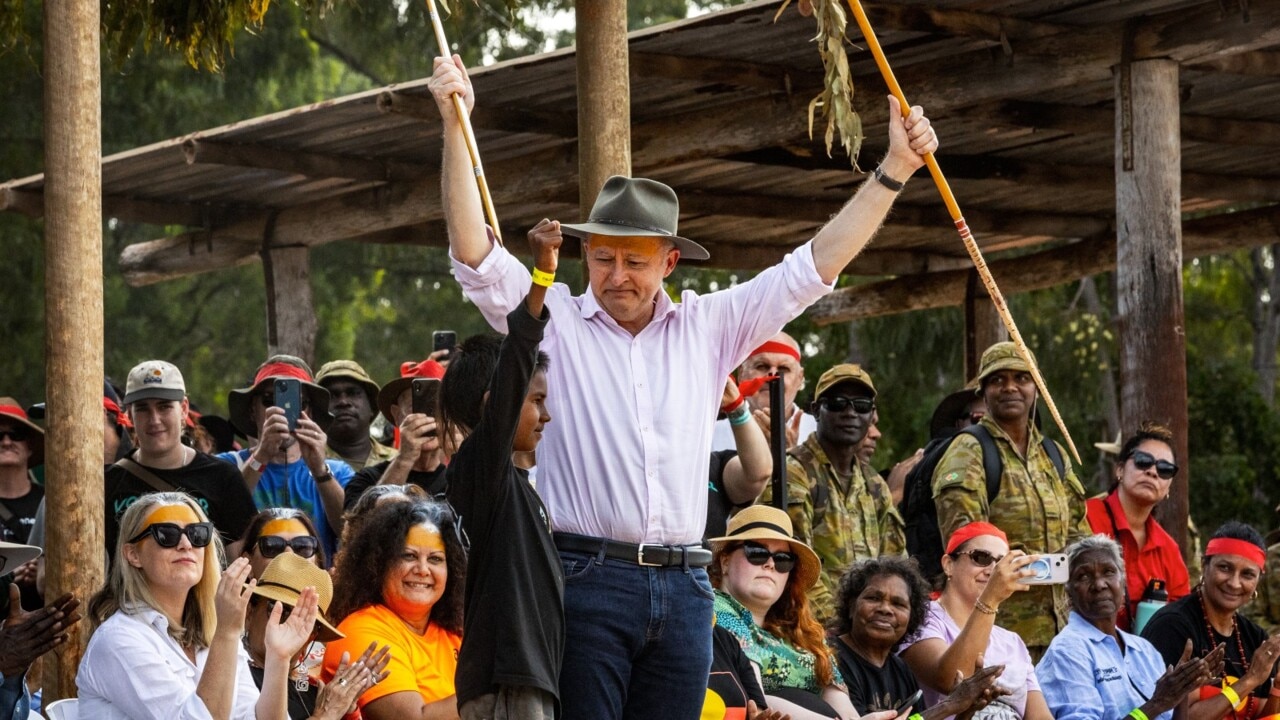
Victorian Labor MP Julian Hill said there was a path to victory through turning enough undecided voters into Yes votes, after Indigenous leader Noel Pearson said the campaign’s secret weapon would be engaging respectfully with soft Nos.
“There’s a long way until voting day and history says referendums are always tough. But it’s rightly in the hands of the people,” Mr Hill said.
“For those who are overly pessimistic, one thing you can be sure of is that if you don’t fight and put your case, you’ll certainly lose. Let’s keep the conversation going for the next four weeks because there’s a pathway to victory that’s clearly there.”
Assistant Minister for the Republic Matt Thistlethwaite said the Yes campaign would need to not only convince undecided voters but also “try and bring a few of the Nos back” to win, which he believed was possible.
He said a loss on October 14 would make the Republic referendum, which the government has committed to pursue in a second term, “a lot harder”.
Queensland Labor MP Graham Perrett said the response to the referendum in his electorate of Moreton “continued to feel OK”, while other MPs acknowledged the sunshine state would be extremely hard to win.
“I’m loathe to say it feels good but it feels okay,” Mr Perrett said.
“In some of the battler suburbs, which is where cost of living is more important, they’ve started to come around and think ‘all right, this is a good thing to do. This is not the great hoax that Peter Dutton had made it out to be.
“I’m optimistic but I’m not taking out a second mortgage to bet on a victory just yet. This is important Labor business, it’s important national business.”
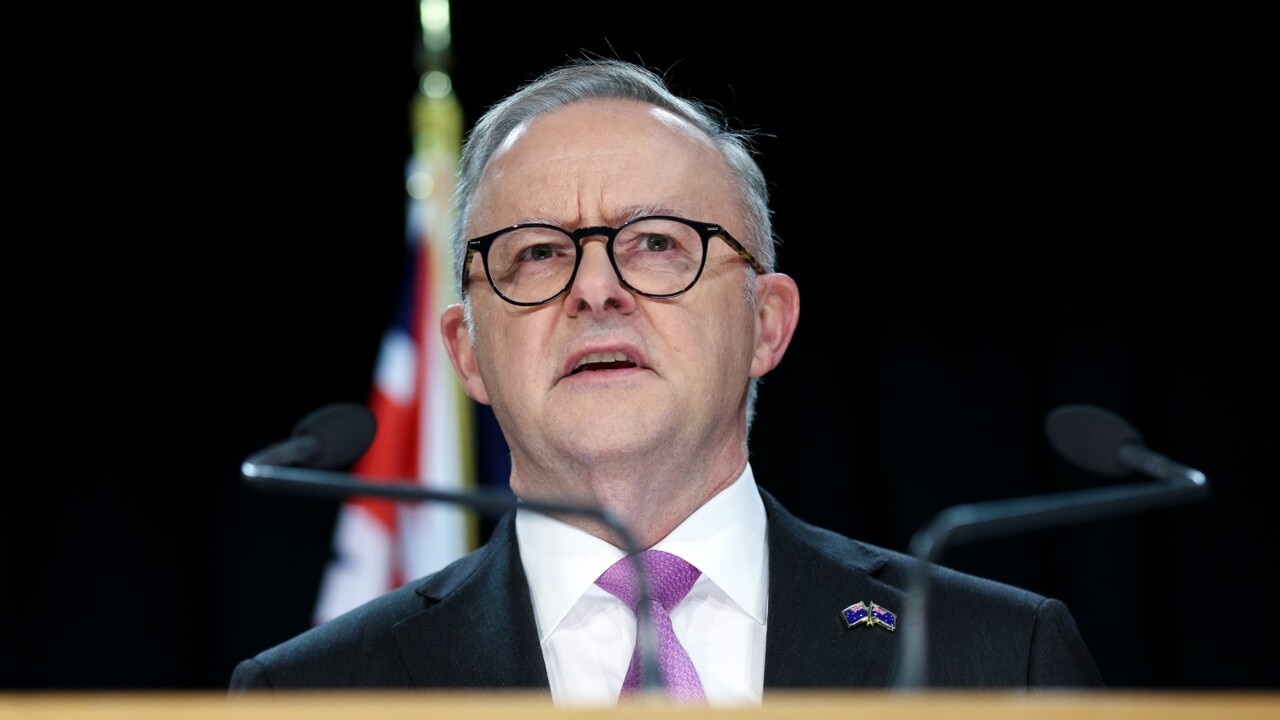
Labor MP Brian Mitchell said he was receiving “fairly mixed” feedback in his Tasmanian electorate of Lyons. “I’m feeling relatively confident, probably not as confident as my metro colleagues. It’s a quiet support,” he said.
“It’s mixed in regional electorates like mine but it’s more positive than what the polls seem to be suggesting,” he said.
Deputy Speaker Sharon Claydon said she was confident constituents in her seat of Newcastle would vote Yes and the challenge was to make it the best Yes vote possible.
On whether a No vote would hurt Mr Albanese’s leadership, Ms Claydon said: “He’s doing what a good leader should do – honour your commitment.”
The sentiment was shared broadly by Labor MPs, but some said it would be foolish to conclude the loss would have no effect. “It’ll be a slight markdown for Albanese but it won’t be critical or a long-term injury,” one MP said.
Another MP said they expected the Prime Minister and the party to “take a hit”, which they said could be recovered from as long as Labor did the right thing by the economy going forward.
A third MP said: “I haven’t heard any serious hardheads say this (a No vote) threatens Albo’s position. I’ve heard a couple of elder statesmen say for a long-term government it’s not the worst thing in the world to get a kick in the head in the middle of their first term. Because it focuses the mind and keeps you disciplined.”
One Labor senator said misinformation was taking its toll, reporting their constituents were being overwhelmed by information.
“People are still confused,” they said. “It’s really hard for people to pick through the information when they’re bombarded in that way.”
Josh Wilson, the Labor MP for Fremantle, said he expected the teal seats to rail against the Liberals after the referendum.
“It tells you a lot about Peter Dutton that he’s chosen negativity and disinformation that harms the national interest simply because he reckons it’s in his political self-interest,” he said.
“Don’t be surprised when that backfires, especially in the teal seats, because when you sow negativity and division that is what you reap.”
One Labor MP said their key challenge was explaining the vast support from the Indigenous community for the voice.


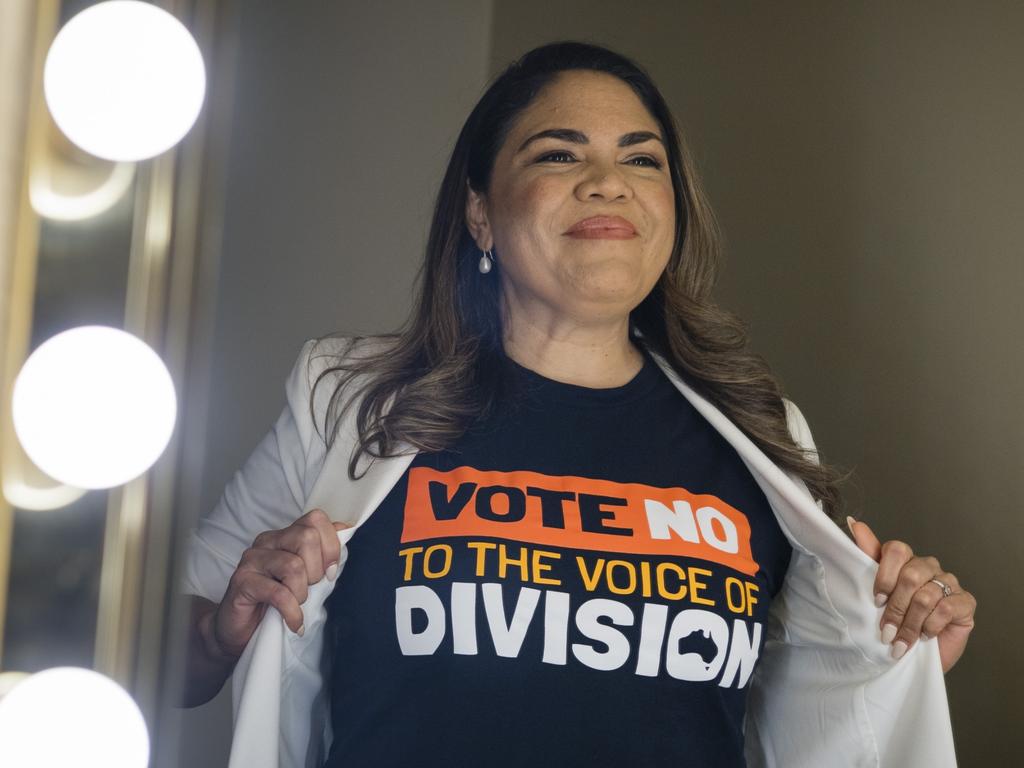

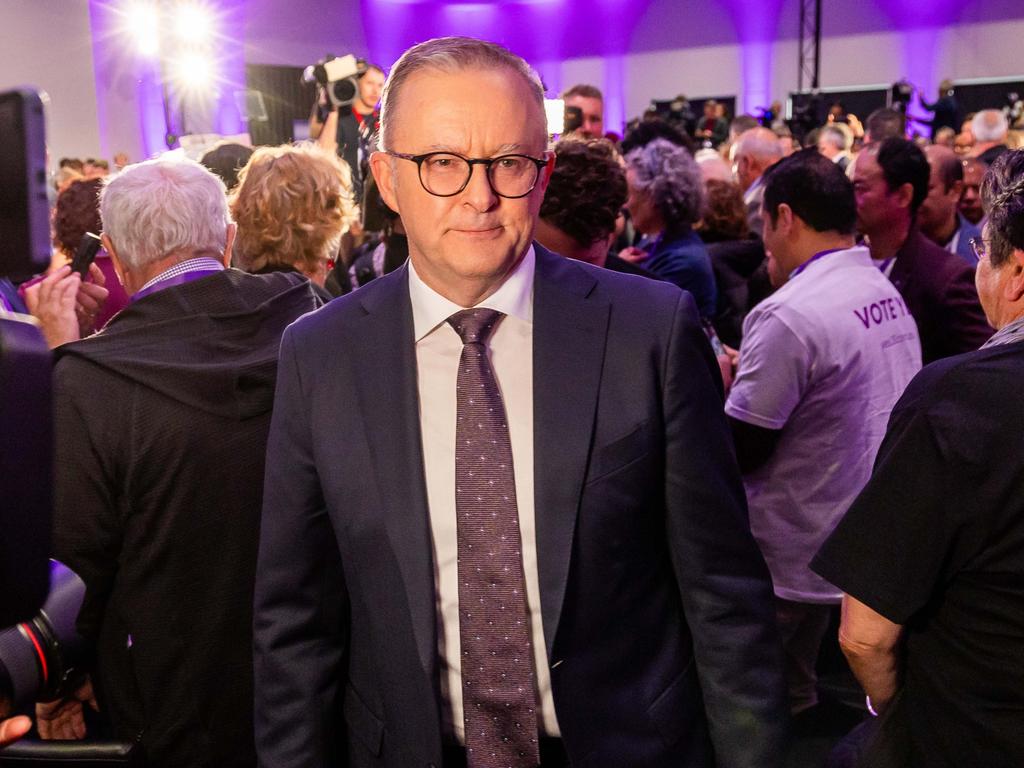


To join the conversation, please log in. Don't have an account? Register
Join the conversation, you are commenting as Logout